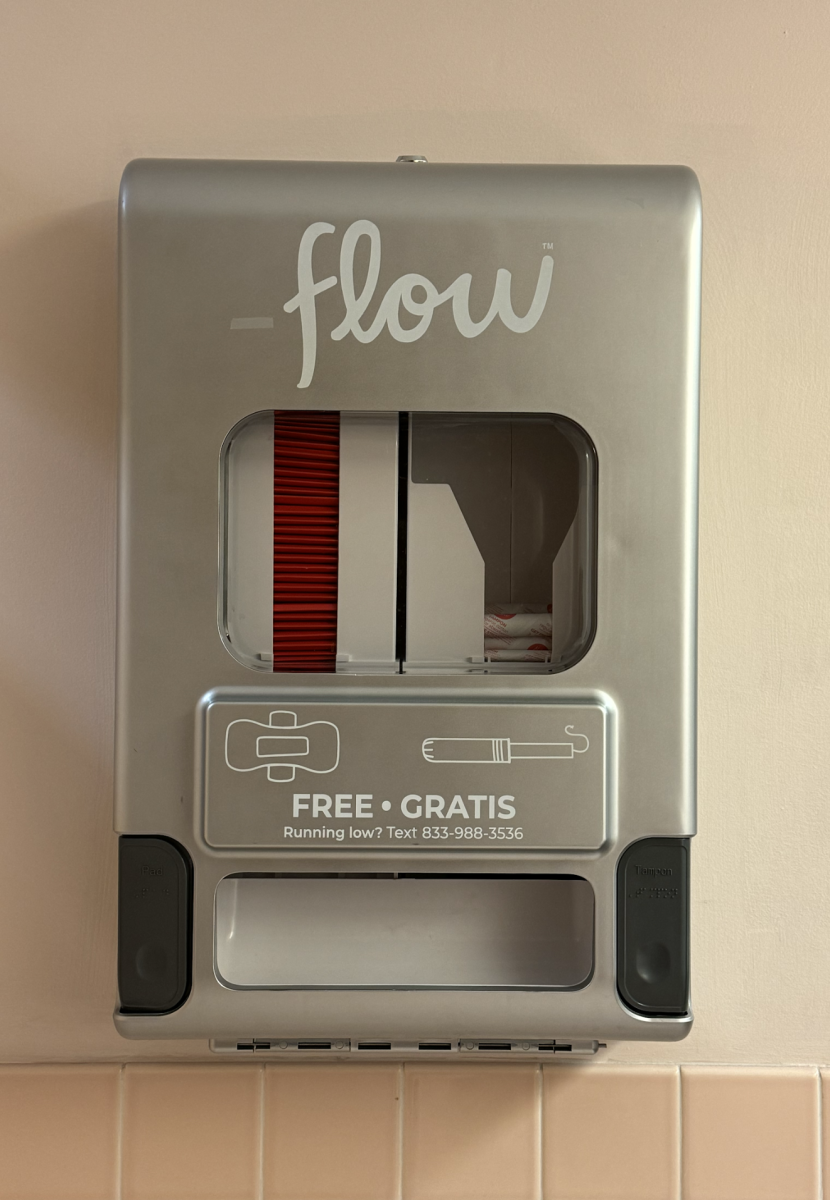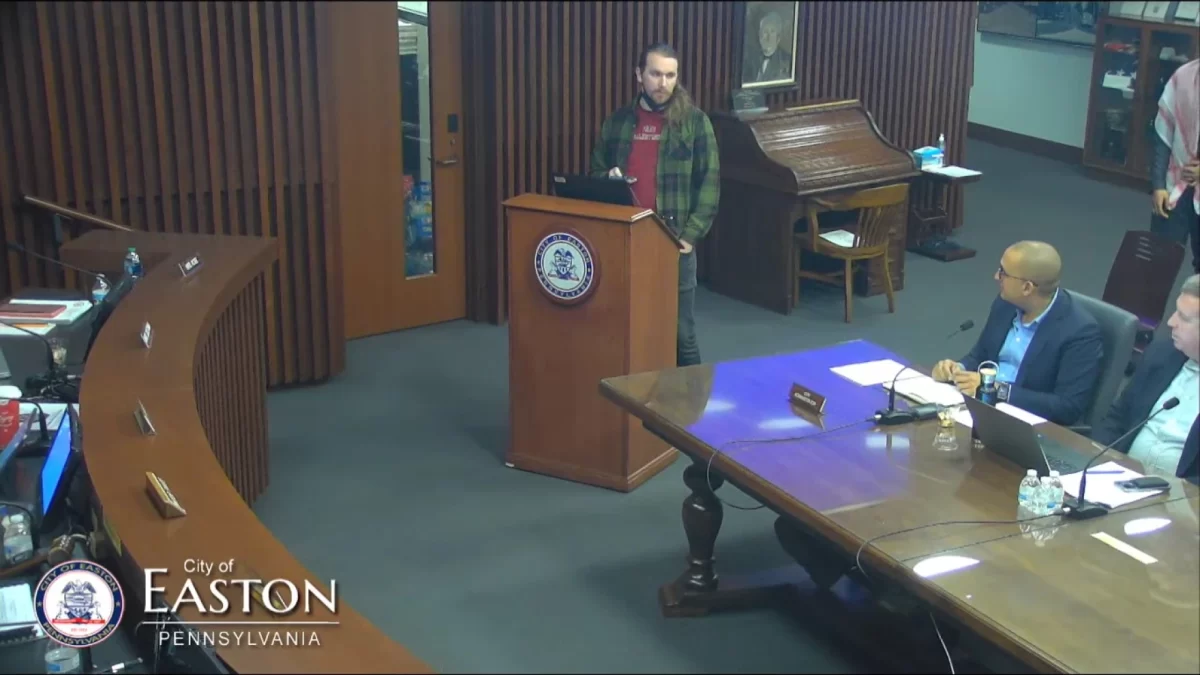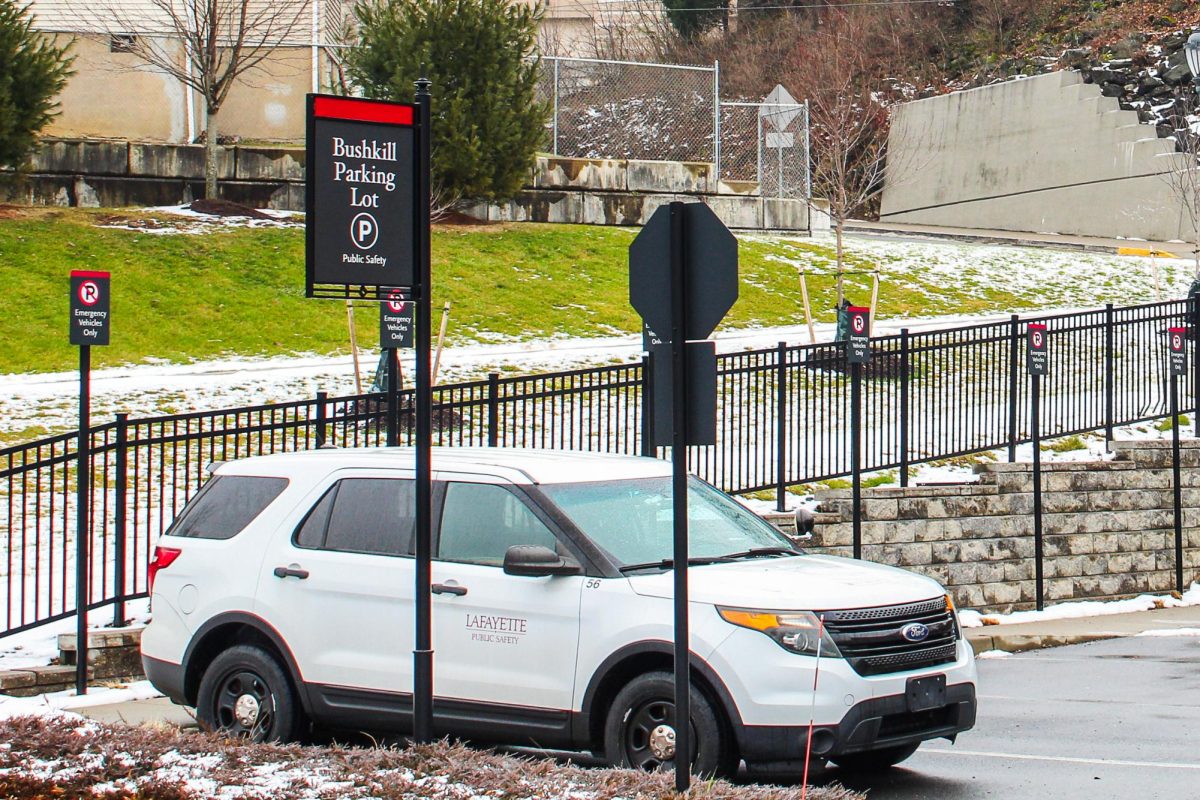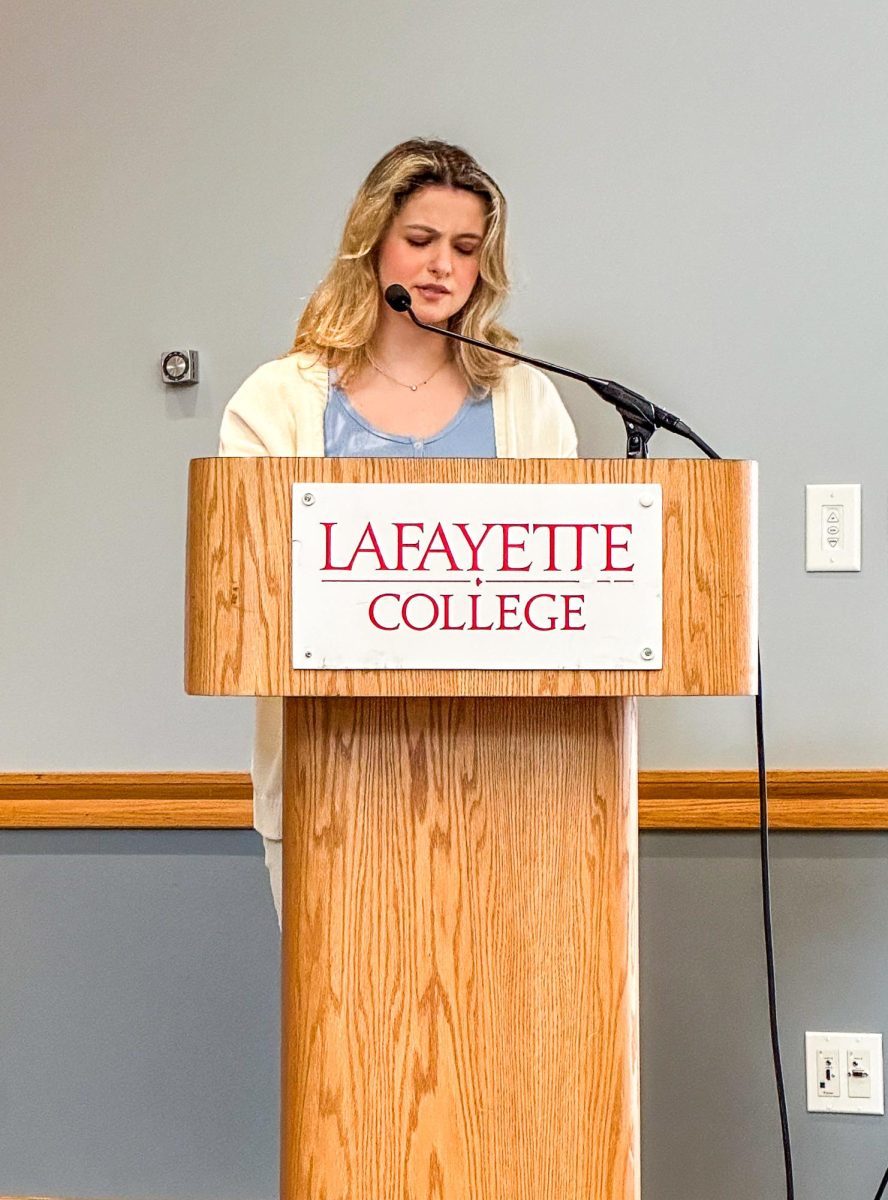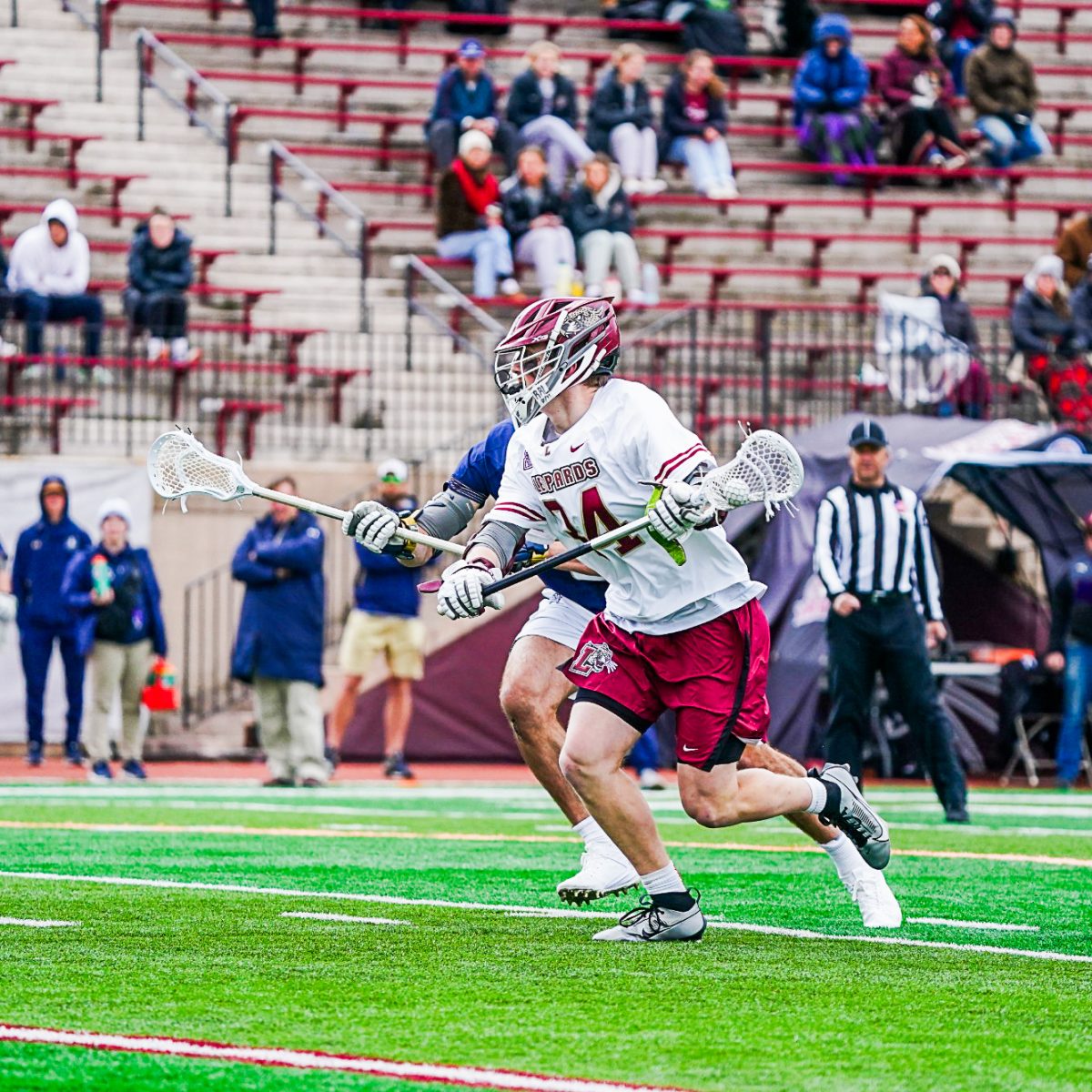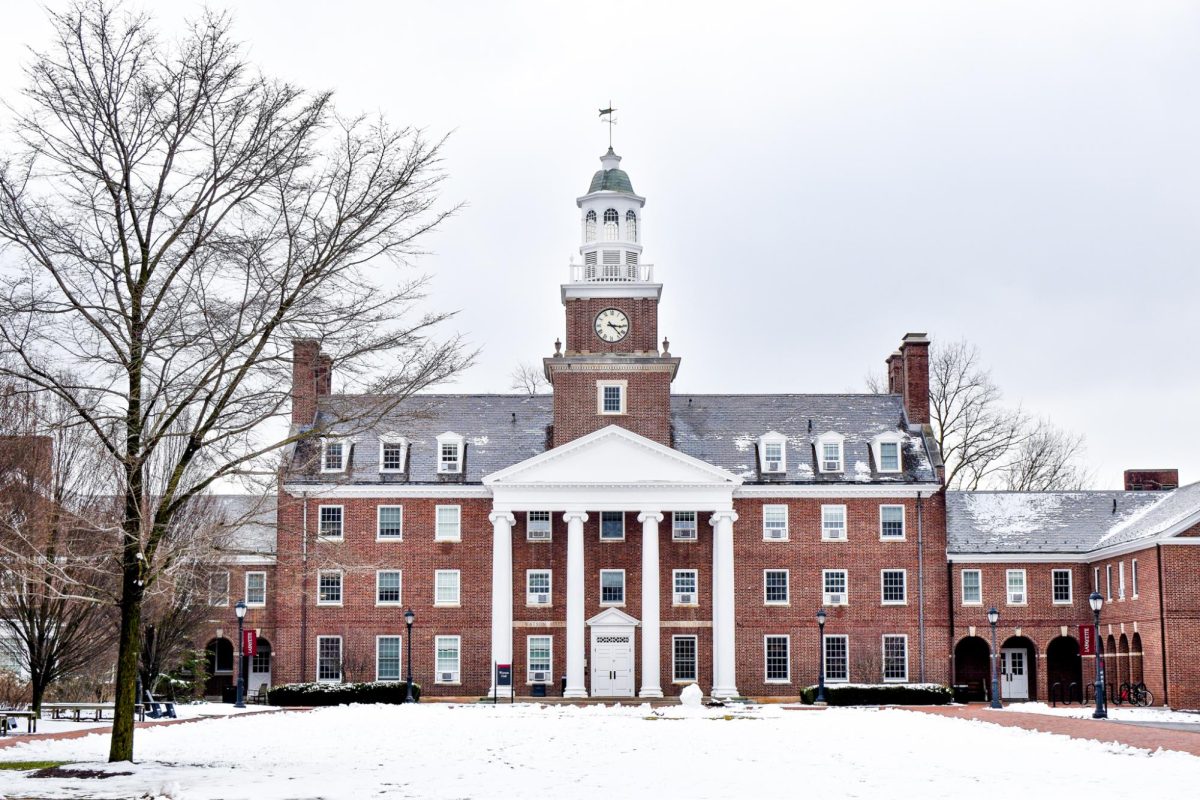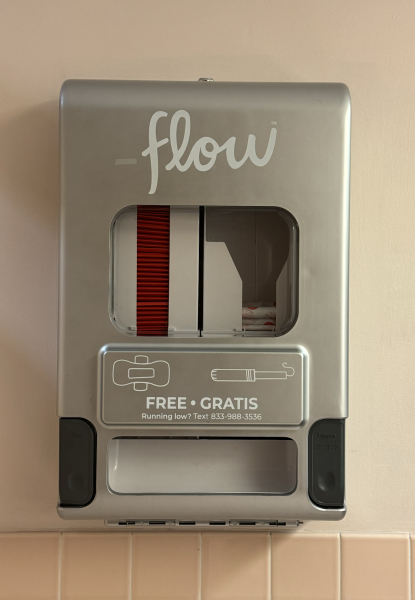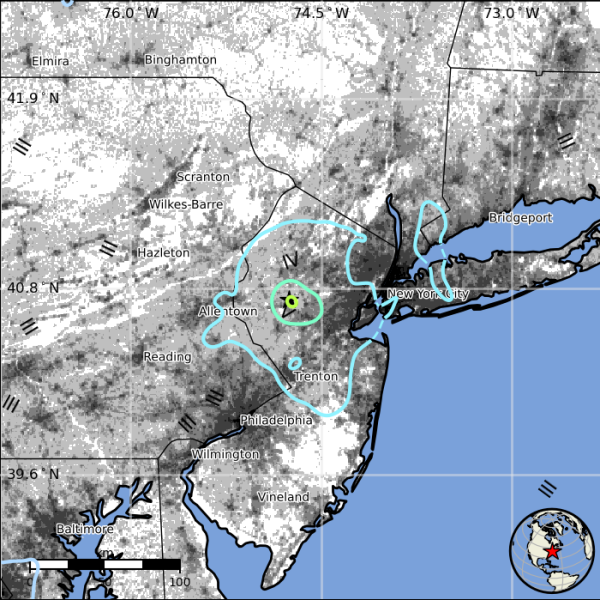‘A little inconvenient for college students’: Pennsylvania law allowing universal mail-in-voting overturned
The Wolf Administration hopes to appeal the lower court’s decision on Act 77 to the Pennsylvania State Supreme Court. (Photo courtesy of the Pennsylvania Department of State Website)
February 4, 2022
One year after receiving objections in the halls of Congress, a controversial Pennsylvania election reform law has been overturned by the Republican-controlled Commonwealth Court. The bipartisan law, known as Act 77, abolished straight-party voting, extended registration and ballot submission deadlines, funded local county elections officials and, contentiously, expanded mail-in voting access. The law will remain in place while Democratic Governor Tom Wolf’s administration appeals the decision to the Democrat-dominated state Supreme Court.
State Sen. Lisa Boscola (D-Lehigh/Northampton), who sponsored the legislation which became Act 77, expressed frustration with the lawsuit and the Court’s decision.
“There’s gonna be a lot of elections in everybody’s lifetime where you don’t like the outcome. You just don’t always sue over it,” Boscola said. “And judges aren’t supposed to be political, but, unfortunately, that’s what it seems like it’s turning out to be.”
Act 77 initially received broad Republican support due to its abolition of straight-party voting, once popular among urban Democratic voters. Straight-party voting means selecting all the candidates of a specific political party on the ballot with one button.
Many of those Republican lawmakers quickly soured on Act 77 in the wake of the 2020 election; conspiracy theories surrounding mail-in ballots and the election consumed much of the party. Government & Law professor John Kincaid, who directs the Meyner Center for the Study of State and Local Government, chalked up the Republican backtracking to the relative popularity of mail-in ballots among Pennsylvania Democrats.
“The Republicans have come to the conclusion since the 2020 election that mail-in ballots are conducive to what they call fraud but are conducive to more Democratic votes,” Kincaid said. “They’ve decided to turn the tables, so to speak, and take their own law to the court.”
Many Democrats who once opposed the bill are now decrying the decision of the Court.
“I think it’s unfortunate. I don’t agree with the Court on this matter,” State Rep. Robert L. Freeman (D-Northampton), who voted against Act 77, said. “If the lower court’s order were to stand, I think one of the results you’ll see is probably a drop off in participation because mail-in voting had made it so much easier for people to be able to cast a ballot.”
Kincaid attributes the newfound popularity of Act 77 among Pennsylvania Democrats to them having “discovered that that kind of mail-in voting we had in the 2020 election is a good thing for them.”
Should the Supreme Court strike down Act 77, those who opt for an absentee ballot would have to apply for one each year, making elections “a little inconvenient,” especially for workers, the elderly and college students, according to Boscola.
“I mean, you’re distracted,” Boscola said. “You care more about your academics and getting A’s and B’s than you do about voting.”
Republicans acknowledged the popularity and ease of mail-in voting in their 3-2 decision, however, they ruled Act 77 to be illegal based on article VII, section 14 of the Pennsylvania Constitution which only allows absentee voting when one is faced with “illness or physical disability or… the observance of a religious holiday,” in addition to “business or occupation” related excuses. Democrats argue that the Constitution grants the legislature the ability to change the methods by which Pennsylvanians can vote.
“I feel that the Supreme Court will recognize voting by mail is another option that was provided by the legislature, which is not at odds with the absentee ballot process,” Freeman explained. “It just affords another method to vote.”
Sen. Boscola cited the Constitution in her argument for Act 77.
“Article seven, section four of the Pennsylvania Constitution gives the legislature the power to the prescribed by law methods of elections,” Boscola said. “I’m pretty confident–I’m pretty optimistic–that the Supreme Court will uphold the constitutionality of this whole act.”
Kincaid expressed confidence that the Supreme Court, composed of five Democrats and only two Republicans, would reverse the decision of the lower court.
“I think the Supreme Court will probably uphold the law, given its party composition as well as its past decisions, which have tended to favor sort of easier voting,” Kincaid said. “I think it’s a legitimate constitutional question. Both sides have an argument to make here.”


